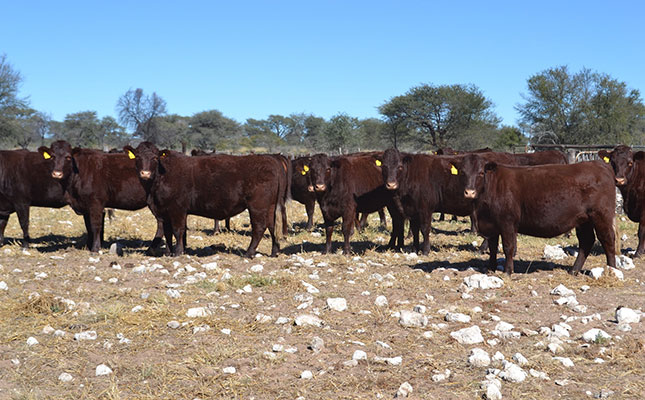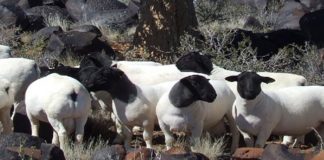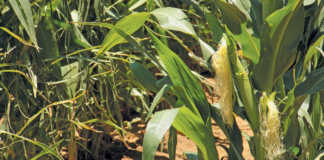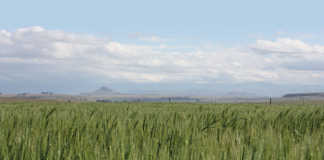
Photo: Annelie Coleman
This followed an announcement by the Namibian Development Bank that it provided another R200 million to Meatco in July to enable it to pay red meat producers and other debtors.
Meatco would be required to repay the interest on the loan amount every six months, starting in July 2023.
He said that while the LPO had “left no stone unturned during the past decade to put Meatco on a viable trajectory, the policymakers and management of Meatco continued to spurn the efforts from organised agriculture’s side”.
“Meatco forms a critical [role in] adding value to the business of red meat production through facilitating the exporting of red meat. Namibia is a net exporter of beef with markets in the US, China and the Scandinavian countries, among others. The financial decline of the company is therefore a source of serious concern.
“Over the past 10 years, we have conducted [numerous] studies and investigations that included all role players in the beef value chain in our search for solutions to counteract the ongoing deterioration of Meatco. These efforts from the side of organised agriculture were met with apparent antagonism,” Pretorius told Farmer’s Weekly.
According to him, it was vitally important for Meatco to be transformed into a producer-controlled business, operating on sound business principles and international best practices.
The role of government needed to be to create a supportive environment that would allow the entire value chain to grow and prosper, he said.
Pretorius added that it was of the utmost importance that the Namibian government allowed contract slaughtering by external meat marketers at the Meatco export abattoir.
This would significantly reduce Meatco’s operating costs and its dependence on financial support from the government.
“Contract slaughtering is an ideal opportunity for Meatco to earn additional revenue while contractors interested in using the services retain ownership of the vacuum-packed beef and export it to the market of their choice.
“It is vitally important that Meatco undergoes further drastic restructuring and internal cost cutting to avoid the government having to provide further loan guarantees,” he said.
Meanwhile, economist Rainer Ritter told that country’s Agriforum magazine that Meatco had only slaughtered 35 127 cattle from the area south of the Veterinary Cordon Fence in 2021/22, instead of the 60 000 the company had budgeted for.
According to him, the significant budget deviation was a clear sign that Meatco was plagued by “unrealistic budget optimism”, and that its representatives seemingly did not realise that the company was losing market share in a competitive environment.
He added that Meatco was currently not competitive, sustainable nor profitable, which he partly ascribed to the fact that the company had embarked on a restructuring exercise in April 2021, which resulted “in the loss of a vast number of employees along with their experience and expertise”.
Meatco’s gross profit margin stood at 0,4% for the 2021/22 financial year, and all indications were that it would be even worse in the current financial year, he said.













